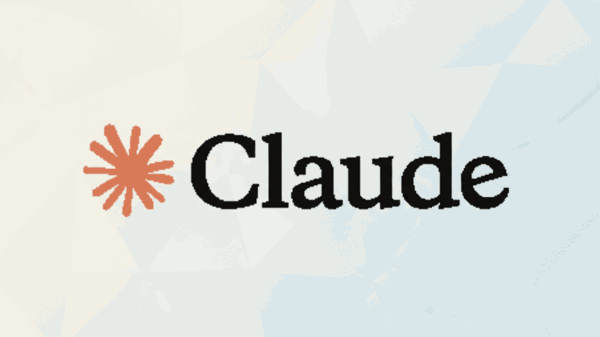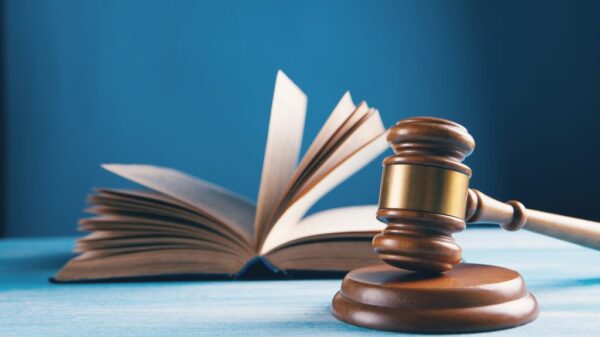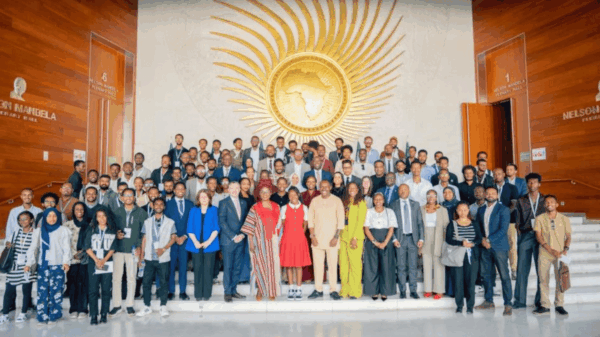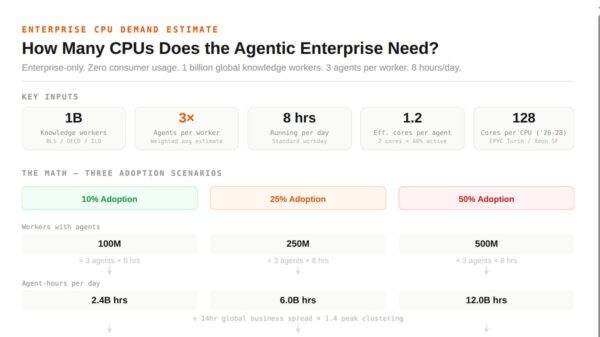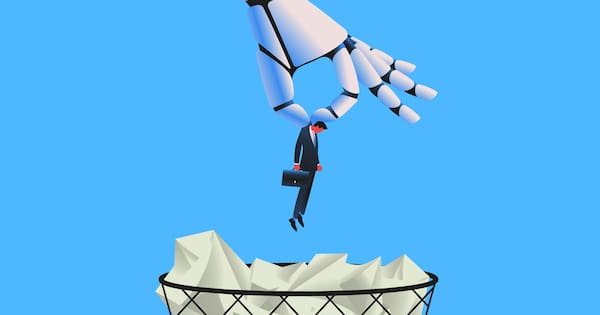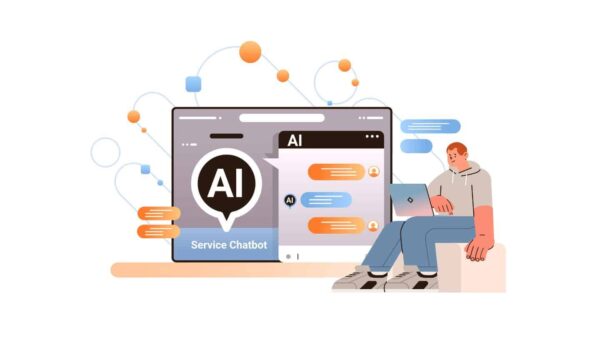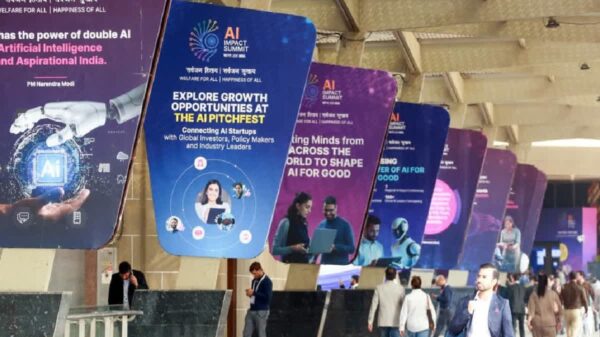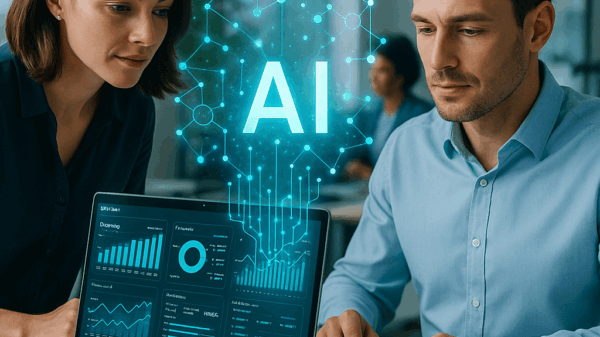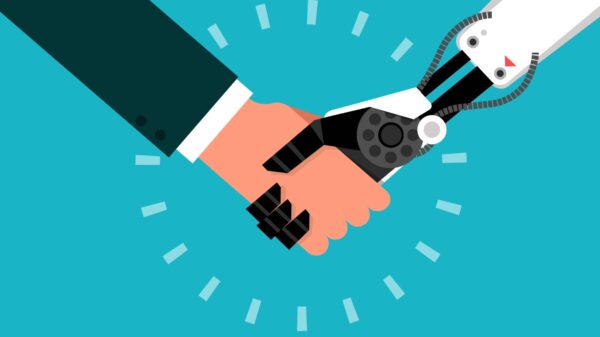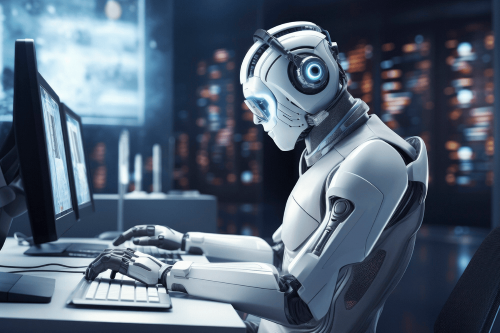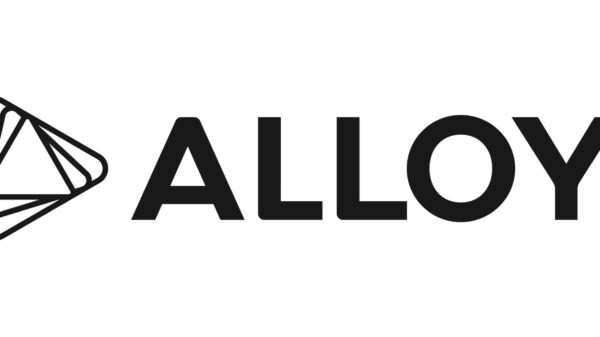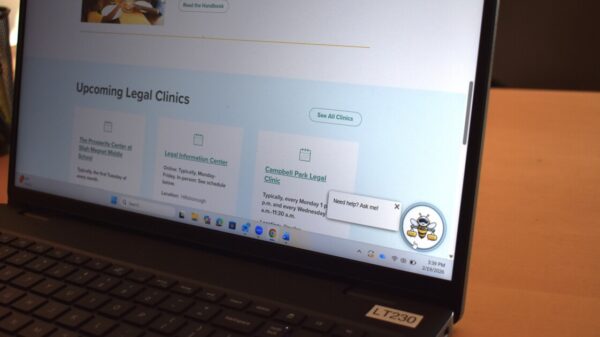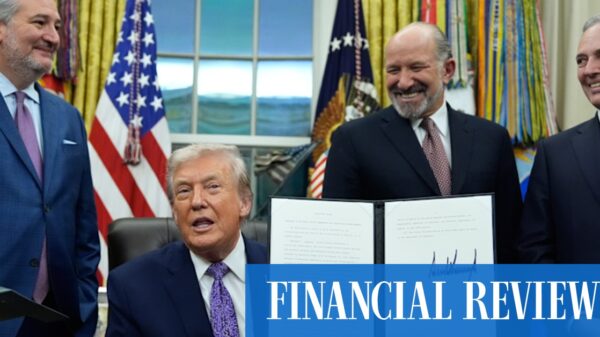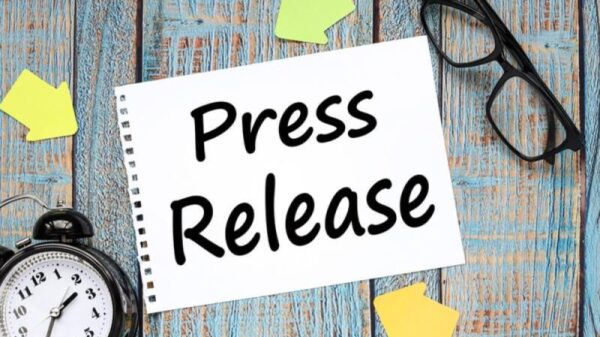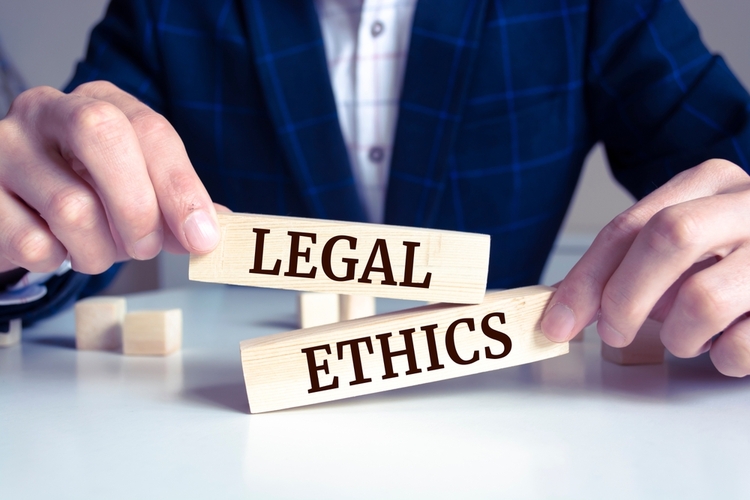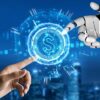The emergence of generative AI has compelled legal jurisdictions across the United States to reassess the role of technology within the legal profession. In September 2025, a pivotal case, Noland v. Land of the Free, L.P., marked a milestone as the California Court of Appeal issued the state’s first published ruling addressing AI misuse in legal filings. The court’s message was clear: while generative AI can enhance the efficiency of legal work, it does not diminish a lawyer’s responsibilities; in fact, it elevates them.
As AI technologies become increasingly sophisticated, legal professionals must grapple with the integration of these tools into their practices. The Noland case serves as a cautionary tale, illustrating the complexities and ethical considerations that accompany the use of AI in legal contexts. In this landmark ruling, the court emphasized that accountability remains firmly with the attorney, regardless of the assistance provided by AI systems.
Legal Responsibility in the Age of AI
The ruling in Noland v. Land of the Free, L.P. underscores a critical point: the presence of AI technologies does not shift the burden of responsibility from lawyers to machines. The California Court of Appeal articulated that the use of AI tools should not serve as a shield against professional accountability. Lawyers must ensure that their use of AI complies with ethical standards and legal requirements, actively supervising AI-generated outputs and maintaining the integrity of their work.
This ruling is particularly significant given the accelerating pace of AI adoption in various sectors, including law. Generative AI can assist in tasks such as drafting legal documents, conducting research, and even predicting case outcomes. However, the potential for misuse—whether through inaccuracies, bias, or unethical practices—can lead to severe repercussions for legal practitioners. The Noland decision reiterates that lawyers are expected to exercise due diligence when employing AI technologies.
Implications for the Legal Profession
The implications of the Noland case extend beyond California, serving as a crucial reference point for jurisdictions nationwide. As legal professionals increasingly rely on AI tools, there is a pressing need for comprehensive guidelines and best practices surrounding their use. This includes establishing clear protocols for vetting AI-generated content, understanding the limitations of these technologies, and fostering transparency in their application.
Moreover, the ruling encourages legal educators to integrate discussions about AI ethics and responsibilities into their curricula, preparing future attorneys to navigate this evolving landscape. As the legal industry adapts to these advancements, ongoing dialogue regarding the role of generative AI will be essential to ensure that the profession retains its ethical foundation.
In conclusion, the Noland v. Land of the Free, L.P. ruling stands as a pivotal moment in the intersection of law and technology. It highlights that while generative AI can significantly enhance legal workflows, it simultaneously demands heightened scrutiny and accountability from legal practitioners. As the legal community continues to embrace technological advancements, it must also remain vigilant to uphold its ethical standards and responsibilities.
See also Policymakers Urged to Establish Comprehensive Regulations for AI in Mental Health
Policymakers Urged to Establish Comprehensive Regulations for AI in Mental Health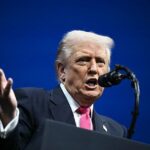 Congress Moves to Ban State AI Regulations, Heightening Risks for American Children
Congress Moves to Ban State AI Regulations, Heightening Risks for American Children AI Model Risk Management Evolves: 70% of Financial Firms Integrate Advanced Models by 2026
AI Model Risk Management Evolves: 70% of Financial Firms Integrate Advanced Models by 2026 White House Push for AI Regulation Ban Faces Opposition Ahead of NDAA Vote
White House Push for AI Regulation Ban Faces Opposition Ahead of NDAA Vote Trump Advocates for Federal AI Regulation to Prevent State-Level Overreach
Trump Advocates for Federal AI Regulation to Prevent State-Level Overreach

